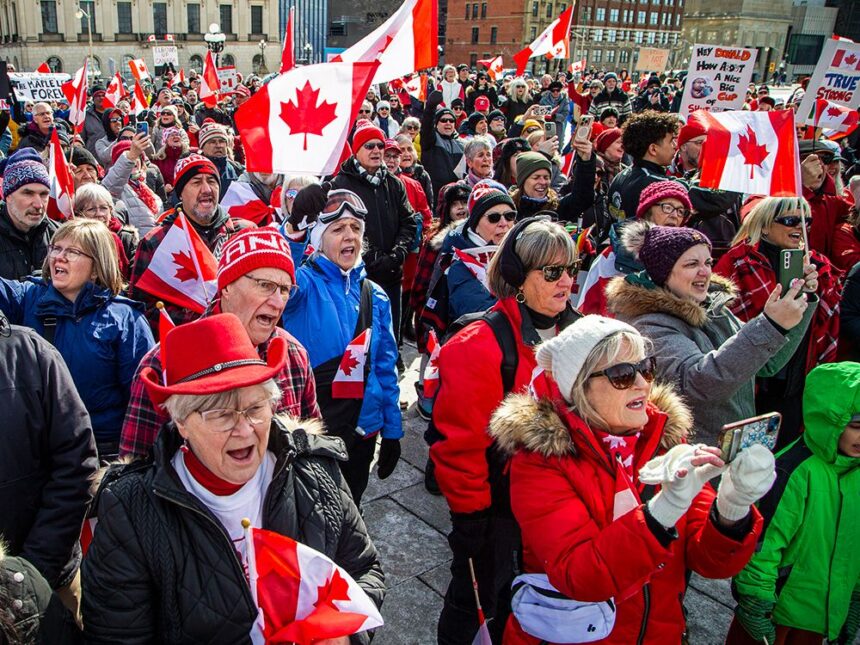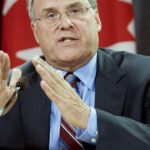In a striking reversal of national sentiment, Canadian pride has noticeably declined following the recent federal election, according to a comprehensive new poll released yesterday. This downward shift comes after a period of surging patriotism that had been bolstered, ironically, by former U.S. President Donald Trump’s confrontational rhetoric toward Canada.
The poll, conducted by Mainstreet Research among 5,000 Canadian respondents, reveals that only 60% of Canadians now express strong feelings of pride in their nationality—a significant drop from the 75% reported before the divisive election campaign began. This decline crosses provincial boundaries, age demographics, and political affiliations, suggesting a broader national mood shift.
“What we’re witnessing is the aftermath of an unusually polarizing election,” explains Dr. Elaine Thompson, political scientist at the University of Toronto. “The campaign rhetoric emphasized differences rather than shared values, and that appears to have temporarily eroded our collective sense of national identity.”
Historically, Canadian national pride has demonstrated remarkable resilience, particularly when faced with external criticism. During the height of Trump’s presidency, when Canada found itself targeted by unexpected tariffs and public criticism from the White House, national sentiment actually strengthened, with many Canadians rallying around shared values of multiculturalism, healthcare, and diplomatic moderation.
The current decline appears most pronounced among younger Canadians aged 18-34, where pride has fallen by nearly 20 percentage points. “Young voters in particular expressed frustration with how political discourse deteriorated during the campaign,” notes the poll’s lead researcher, Martin Grenier. “Many felt the debates failed to address their primary concerns about affordability, climate change, and economic opportunity.”
Regionally, the most significant drops occurred in Alberta and Quebec, two provinces where regional identity has historically competed with national allegiance. Alberta residents reported a 17-point decline in national pride, while Quebec showed a 15-point reduction—both exceeding the national average decline.
Economic concerns appear intrinsically linked to this patriotic pullback. With inflation pressures mounting and economic uncertainty weighing on household budgets, Canadians seem less inclined toward national celebration. The poll indicates that 68% of respondents believe the country is heading in the wrong direction economically—the highest such reading in over five years.
International relations experts suggest this fluctuation reflects a maturing national identity rather than a fundamental crisis. “Canadians are increasingly comfortable with a more nuanced patriotism that includes criticism of national shortcomings,” observes Dr. Marie Leblanc of McGill University. “This isn’t necessarily a negative development, but rather reflects a democracy wrestling with its challenges.”
The findings raise important questions for national unity as Canada navigates post-election reconciliation. Political leaders across the spectrum have acknowledged the need to address this sentiment, with the Prime Minister noting yesterday that “healing divisions requires acknowledging them first.”
Despite the decline, Canada’s pride metrics remain significantly higher than many comparable democracies facing similar political polarization challenges. The poll’s margin of error is ±1.4 percentage points, 19 times out of 20.
As Canadians prepare for winter and the implementation of new government policies, a fundamental question emerges: Can national identity transcend political differences, or has the nature of Canadian pride fundamentally changed in our increasingly divided political landscape?

























